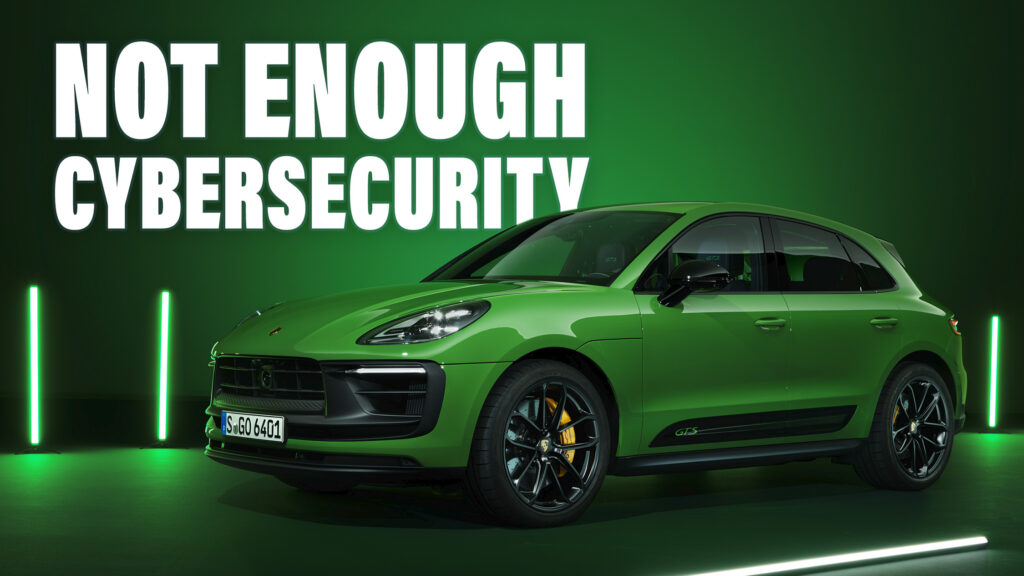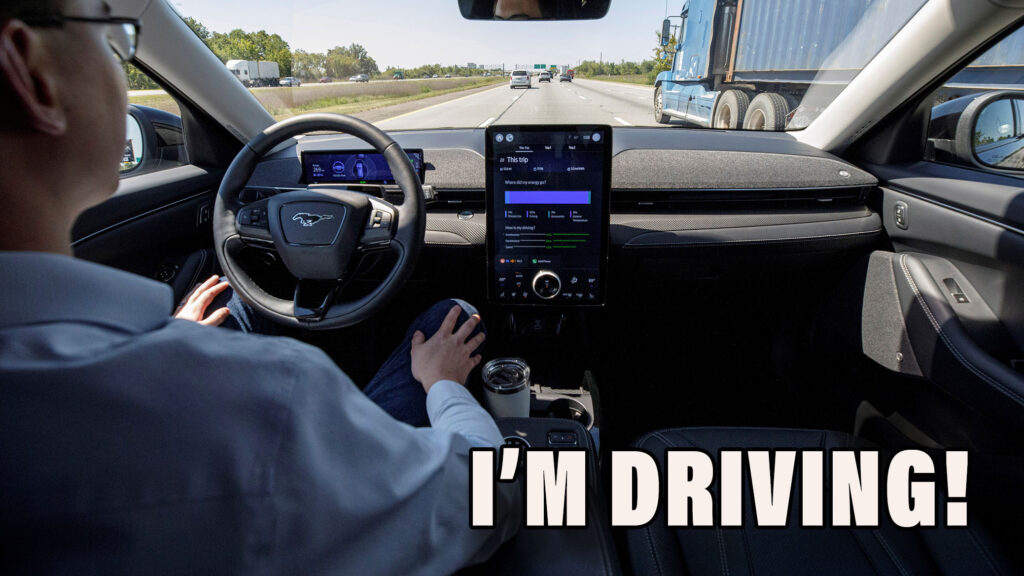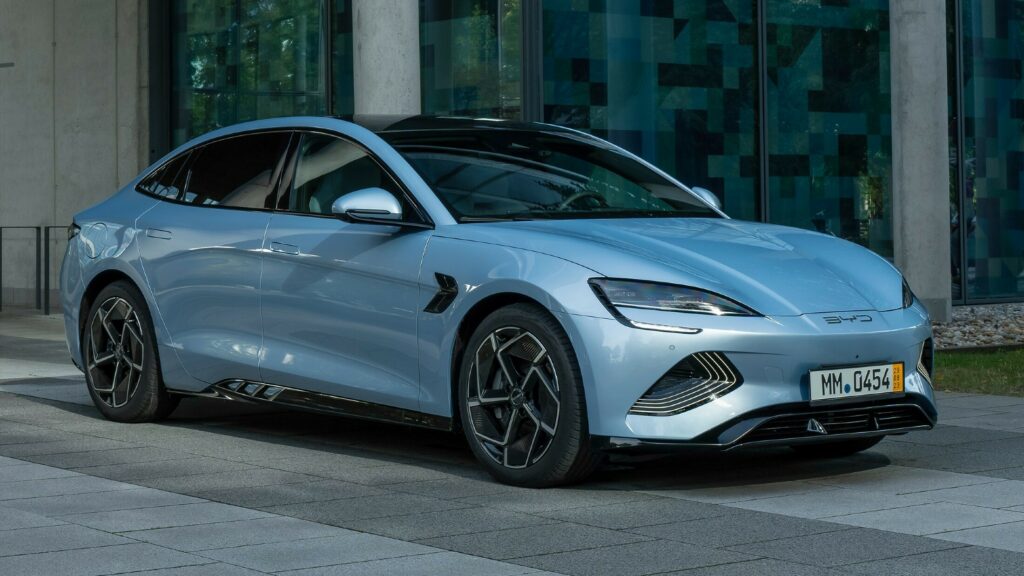- Sensors on modern cars could monitor the surrounding environment and send data to their manufacturers.
- Starting from July 7, 2024, all new vehicles sold in the European Union have to comply with new cybersecurity regulations.
- The change forced some automakers to axe older models from their lineup as it would be too expensive to upgrade their electronic architecture.
Modern cars are full of cameras and high-tech sensors to support the multitude of systems for our safety and convenience. However, all this technology makes them a potential target for hackers and cyber attacks. This threat is taken seriously by the United Nations and the European Union, which introduced strict rules about cybersecurity in automobiles.
All new vehicles sold in the European Union from July 7, 2024 onwards have to comply with the UN regulations R155 and R156 which have already been in force for the approval of new models since July 2022. In short, the R155 requires a management system by automotive OEMs, while the R156 ensures that the vehicle software updates are safer from cybersecurity threats.
More: Porsche 718 Cayman And Boxster Axed In EU Due To New Cybersecurity Rules
This change forced several automakers to discontinue older models from their lineups in the Old Continent, with the cost of upgrading their electronics deemed too high. Victims of the cybersecurity regulations include the VW Up!, the VW Transporter 6.1, the ICE-powered Porsche Macan, and the Porsche 718 Boxster/Cayman.
The list will reportedly grow with additional models to be axed from Audi, Renault, and Smart. However, other automakers like Mercedes-Benz claim they are well prepared for the new regulations which won’t affect their portfolio.

Speaking to German newspaper Handelsblatt about modern automobiles, economist Moritz Schularick said: “It’s about sensitive data that can be siphoned off – especially with electric cars. From the perspective of intelligence agencies, these cars, with their many sensors and cameras, are nothing but spying machines on four wheels”.
In an earlier conference held in Germany, Schularick suggested that modern EVs can film everything happening around them as they drive around in cities, and then transfer the data to their manufacturers – some of which are in China. He then asked the audience: “Do we want that? Do we want the eyes and ears of a foreign government to surveil our streets through millions of cars?”
According to the recent study titled “Automotive Cyber Security” conducted by the German Center of Automotive Management (CAM) and the US-based software company Cisco Systems, the cybersecurity threats are “imminent” with modern automobiles being vulnerable to cyber attacks.
Speaking to Deutsche Welle, CAM director Stefan Bratzel, and one of the study’s authors, said: “With the proliferation of software-defined vehicles, electromobility, autonomous driving, and interconnected supply chain, cyber risks are further escalating.”









